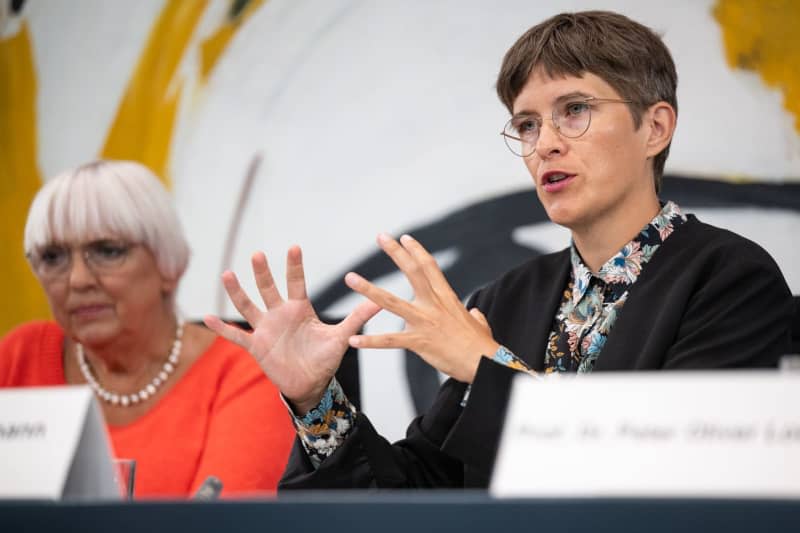Germany pushes ideas to combat fake news and propaganda in the EU

In the fight against election interference in the European Union, Germany and a number of other member states plan to focus more on sanctions.
Restrictive measures are an important instrument to use against individuals and organizations that attempt to interfere in EU democracies, according to a proposal paper published on Tuesday on the margins of a Council of Ministers meeting in Brussels.
In addition, the code of conduct to combat disinformation should be made a binding set of rules. To date, this has been a non-binding voluntary commitment by online platforms such as Facebook or Tiktok.
Other proposals include improving the ability to recognize fake news and propaganda as well as a more intensive exchange of information between member states.
The background to the initiative is findings that state actors from countries such as Russia are attempting to influence public opinion in the EU with disinformation and propaganda. In particular, they utilize the possibilities of digital distribution of content via online platforms.
In addition to Russia, China in particular is also accused of attempting to systematically influence public opinion.
The proposals were drawn up by Germany, Poland and France, with the support of around a dozen other EU states.
They are intended to serve as a working basis for the next European Commission, which will be formed after the European elections in June.
German Minister of State for Europe Anna Lührmann also described the initiative on Tuesday as a response to Russian President Vladimir Putin.
"The EU must consistently sanction Russian attempts at destabilization," said the Green politician. However, it is also important to hold large online platforms more accountable and to strengthen independent journalism in Europe, she added.

